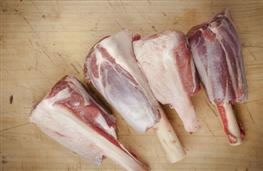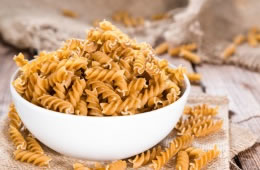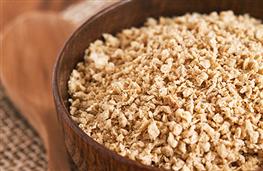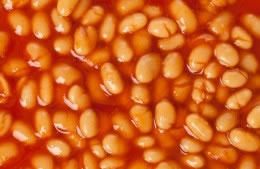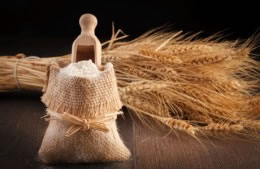Macronutrients
Health benefits of Macronutrients:
Macronutrients are protein, carbohydrate, fat and fibre. These are required in large amounts for the growth and maintenance of all our cells, tissues and organs
The Worlds Science
What are macronutrients?
When we think about nutrients we usually think about protein, carbohydrates, fat and fibre. These are actually macronutrients.
Macronutrients are required in large amounts for the growth and maintenance of all our cells, tissues and organs. They are also required to create the energy our bodies require on a daily basis.
Protein
What is protein?
Protein is a vital macronutrient required as a component of all the cells in our bodies, it also controls the rate at which the myriad of chemical conversions in our cells take place.
Protein is involved in growth, repair (healing) and general maintenance of the body.
Why do we need dietary protein?
Amino acids are the building blocks of protein....
Proteins in the form of amino acids are involved in the growth, repair and general maintenance of the human body.
It appears that proteins are made to order, in response to our body’s needs, for growth, healing, reproduction, learning and memory. Proteins are used to form organs, vessels and muscles and act as messengers and receptors.
Of the 20 amino acids that exist there are 9 amino acids that cannot be created by us and these are known as 'essential amino acids' (proteins) and must be obtained from our diet. Essential amino acids are involved in many essential biological processes.
The different arrangement of amino acids to form the different proteins our body requires is dictated by our genetic code (DNA).
How much do I need?
The RDAs for protein are based on 0.8g/kg of body weight, for the CYF RDAs the average weight of a man is 70kg and 57.5kg for a woman. If you are heavier or lighter you need to add a percentage accordingly.
Carbohydrates
What are carbohydrates?
Carbohydrates are a large group of compounds that includes sugars, starch and fibre. It’s largely made up of complex sugars (as opposed to sugar which is a simple sugar), which are broken down by our digestive system into simple sugars for energy.
Did you know?
What happens if I have too much?
When there is a large excess of carbohydrates in our systems this is then converted to fat.
Many say that processed carbohydrates such as white flour lead to more weight gain than the natural carbohydrates found in whole grains, fruit and vegetables.
Eating carbohydrate saves protein (which is needed as the building blocks of tissues, cells and organs) from being broken down to make glucose for energy.
Fats
What are fats?
Fats are also a rich source of energy, a key component of cell membranes and signalling molecules and insulation for our neurons (a cell that transmits information around our bodies).
The essential fats are omega 3 and 6 and are polyunsaturated fats that we cannot create ourselves and so are required in our diets.
Monounsaturated fat V Saturated fat
Monounsaturated fat is considered healthier than saturated fat but there is increasing disagreement about this.
There is much conflicting opinion about saturated fat and its health benefits or health harming properties. There is emerging evidence that saturated fat particularly from grass fed animals and coconuts has many health benefits.
There are an increasing number of experts asserting that "fat does not make you fat" and in fact the opposite may be true.
Super heating of oils may be bad for you…
There is also emerging evidence that the super heating of fats such as sunflower and rapeseed oil to extend their shelf life is contributing to inflammation which can lead to several chronic diseases.
Fibre
What is fibre?
Dietary fibre is a type of carbohydrate and is technically known as an 'intrinsic sugar'.
Dietary fibre consists of indigestible compounds that fall into 3 categories and they come from plants, animals and some seafood
The three categories are sticky, soluble and those that ferment
Why does it matter to me?
When we think about nutrients we usually think about protein, carbohydrates, fat and fibre. These are actually macronutrients.
Macronutrients are required in large amounts for the growth and maintenance of all our cells, tissues and organs. They are also required to create the energy our bodies require on a daily basis.
Protein
What is protein?
Protein is a vital macronutrient required as a component of all the cells in our bodies, it also controls the rate at which the myriad of chemical conversions in our cells take place.
Protein is involved in growth, repair (healing) and general maintenance of the body.
Why do we need dietary protein?
- An adequate supply of dietary protein is essential to maintain cellular integrity and function and for health and reproduction.
- From dietary protein we can create between 50 and 70,000 new types of proteins to support the function of our bodies
- Unlike carbohydrate protein is not generally stored by the body and must be obtained through regular eating
- We do not store reserves of protein except in the form of muscle, so we need a daily intake to maintain all the various processes that require protein
Amino acids are the building blocks of protein....
Proteins in the form of amino acids are involved in the growth, repair and general maintenance of the human body.
It appears that proteins are made to order, in response to our body’s needs, for growth, healing, reproduction, learning and memory. Proteins are used to form organs, vessels and muscles and act as messengers and receptors.
Of the 20 amino acids that exist there are 9 amino acids that cannot be created by us and these are known as 'essential amino acids' (proteins) and must be obtained from our diet. Essential amino acids are involved in many essential biological processes.
The different arrangement of amino acids to form the different proteins our body requires is dictated by our genetic code (DNA).
How much do I need?
The RDAs for protein are based on 0.8g/kg of body weight, for the CYF RDAs the average weight of a man is 70kg and 57.5kg for a woman. If you are heavier or lighter you need to add a percentage accordingly.
Carbohydrates
What are carbohydrates?
Carbohydrates are a large group of compounds that includes sugars, starch and fibre. It’s largely made up of complex sugars (as opposed to sugar which is a simple sugar), which are broken down by our digestive system into simple sugars for energy.
Did you know?
- Carbohydrates when broken down into glucose are usually the main energy source for the body.
- Carbohydrates provide a vital source of energy for our brain, nervous system and muscles.
- Carbohydrate provides energy for working muscles and the central nervous system.
What happens if I have too much?
When there is a large excess of carbohydrates in our systems this is then converted to fat.
Many say that processed carbohydrates such as white flour lead to more weight gain than the natural carbohydrates found in whole grains, fruit and vegetables.
Eating carbohydrate saves protein (which is needed as the building blocks of tissues, cells and organs) from being broken down to make glucose for energy.
Fats
What are fats?
Fats are also a rich source of energy, a key component of cell membranes and signalling molecules and insulation for our neurons (a cell that transmits information around our bodies).
The essential fats are omega 3 and 6 and are polyunsaturated fats that we cannot create ourselves and so are required in our diets.
Monounsaturated fat V Saturated fat
Monounsaturated fat is considered healthier than saturated fat but there is increasing disagreement about this.
There is much conflicting opinion about saturated fat and its health benefits or health harming properties. There is emerging evidence that saturated fat particularly from grass fed animals and coconuts has many health benefits.
There are an increasing number of experts asserting that "fat does not make you fat" and in fact the opposite may be true.
Super heating of oils may be bad for you…
There is also emerging evidence that the super heating of fats such as sunflower and rapeseed oil to extend their shelf life is contributing to inflammation which can lead to several chronic diseases.
Fibre
What is fibre?
Dietary fibre is a type of carbohydrate and is technically known as an 'intrinsic sugar'.
Dietary fibre consists of indigestible compounds that fall into 3 categories and they come from plants, animals and some seafood
The three categories are sticky, soluble and those that ferment
Why does it matter to me?
- High-fibre intakes have consistently been shown to promote healthy bowels
- High-fibre intakes have consistently been shown to protect against heart disease
- High-fibre intakes have consistently been shown to protect against strokes
- High-fibre intakes have consistently been shown to protect against the development of diabetes and reduce the negative effects of diabetes
Review date: 2/9/2022
Next review date: 2/9/2023
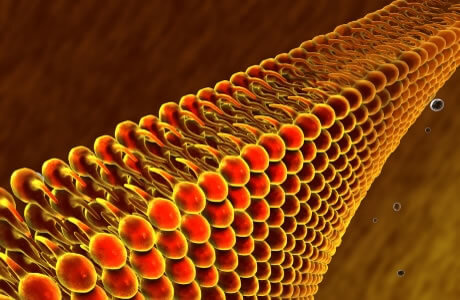
291
445
https://www.checkyourfood.com/content/blob/Micronutrients/top-foods-for-Macronutrients.jpg
Top 6 ingredients for Macronutrients taking into account portion size and cooking retention factors
Filter ingredients by:

 About nutrients
About nutrients
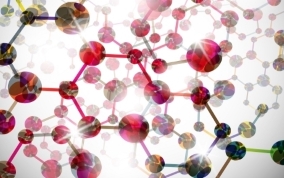 All nutrients
All nutrients
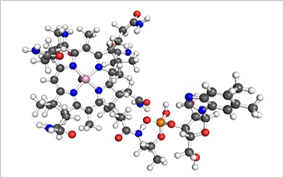 vitamins
vitamins
 minerals
minerals
 phytochemicals
phytochemicals
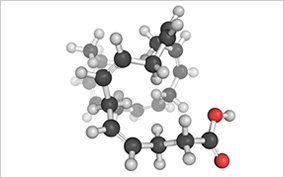 fatty acids
fatty acids
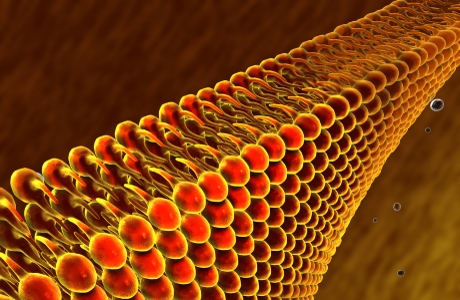 macronutrients
macronutrients
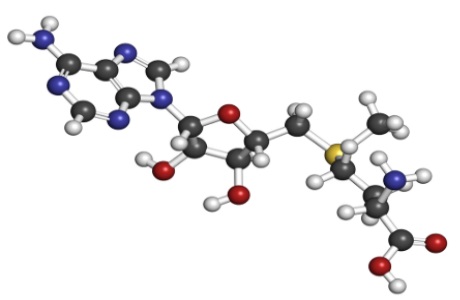 amino acids
amino acids
